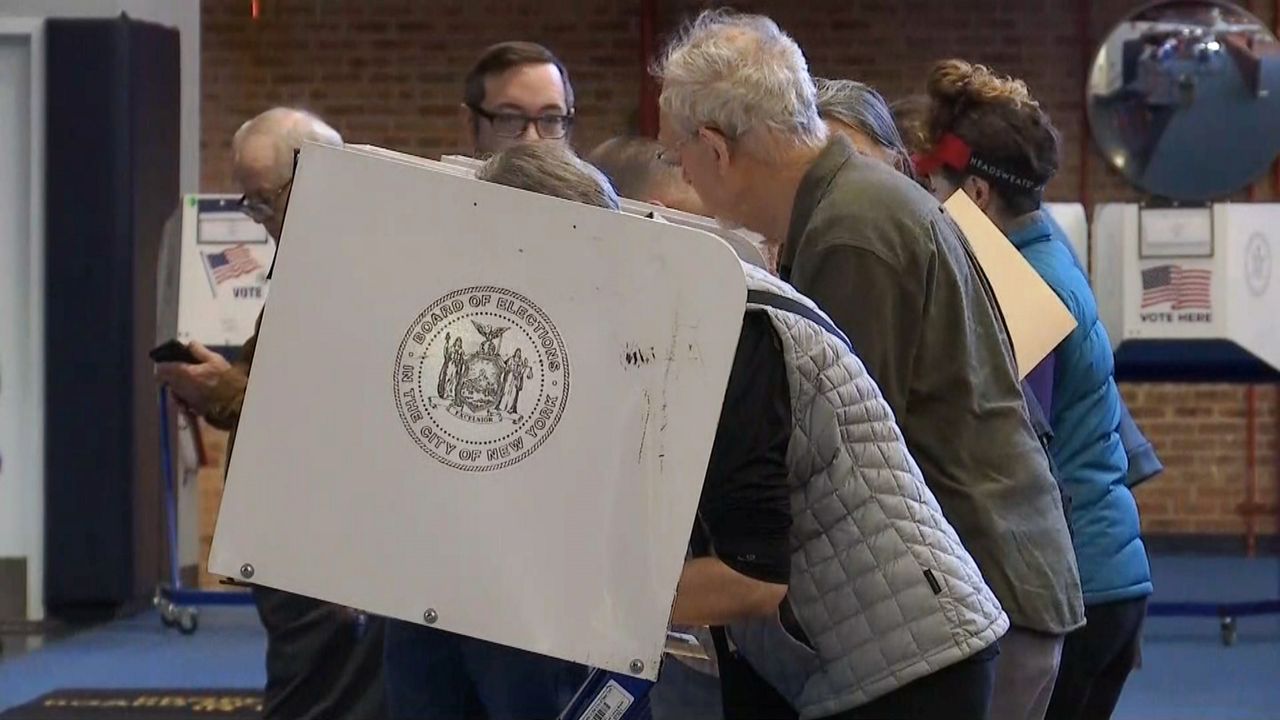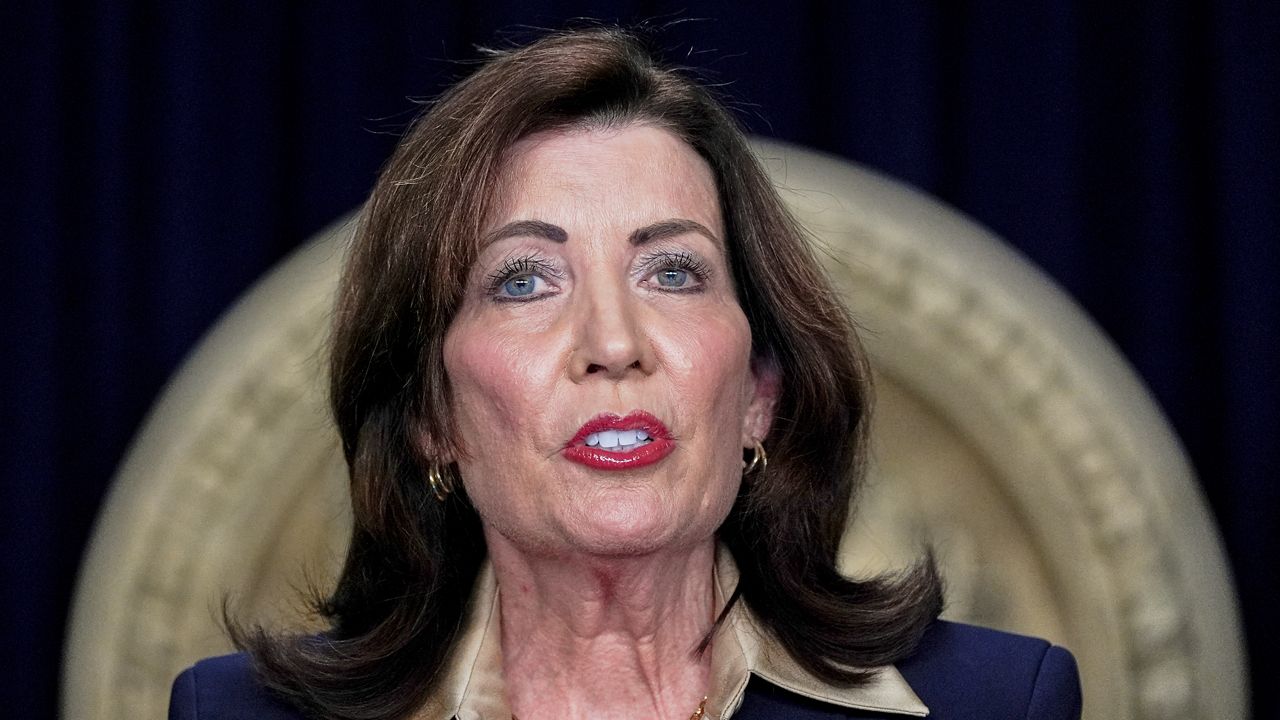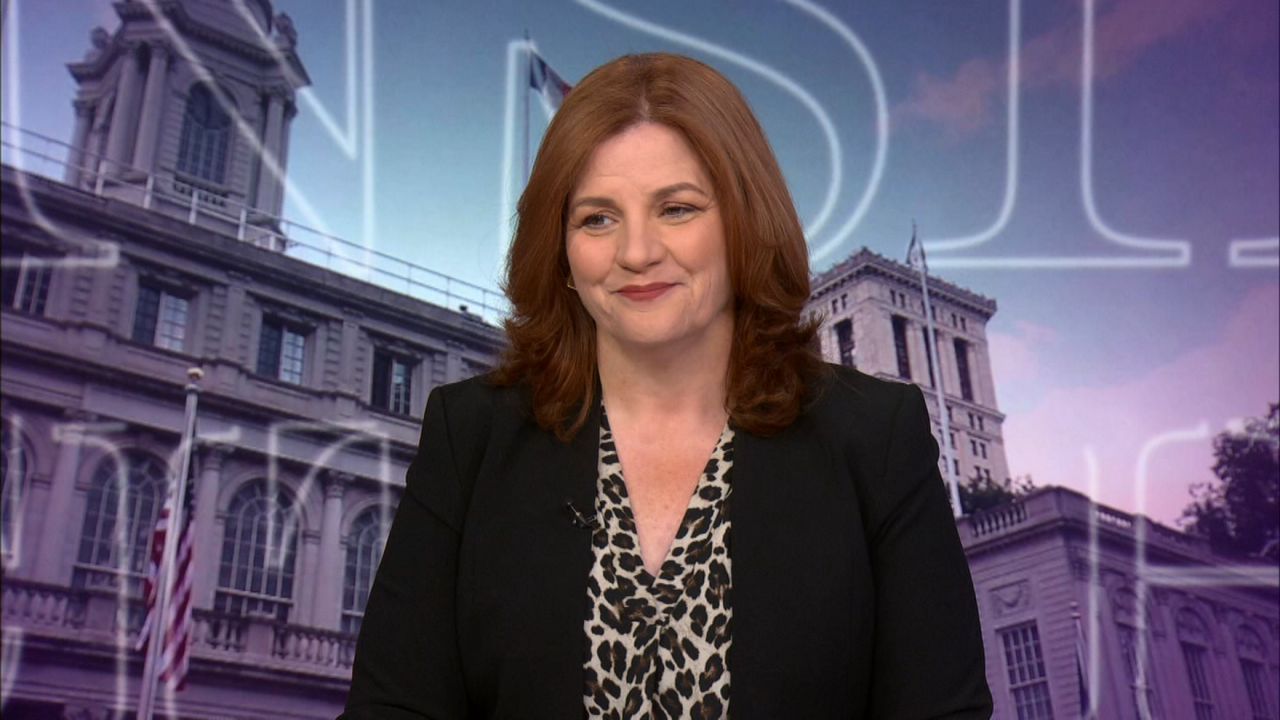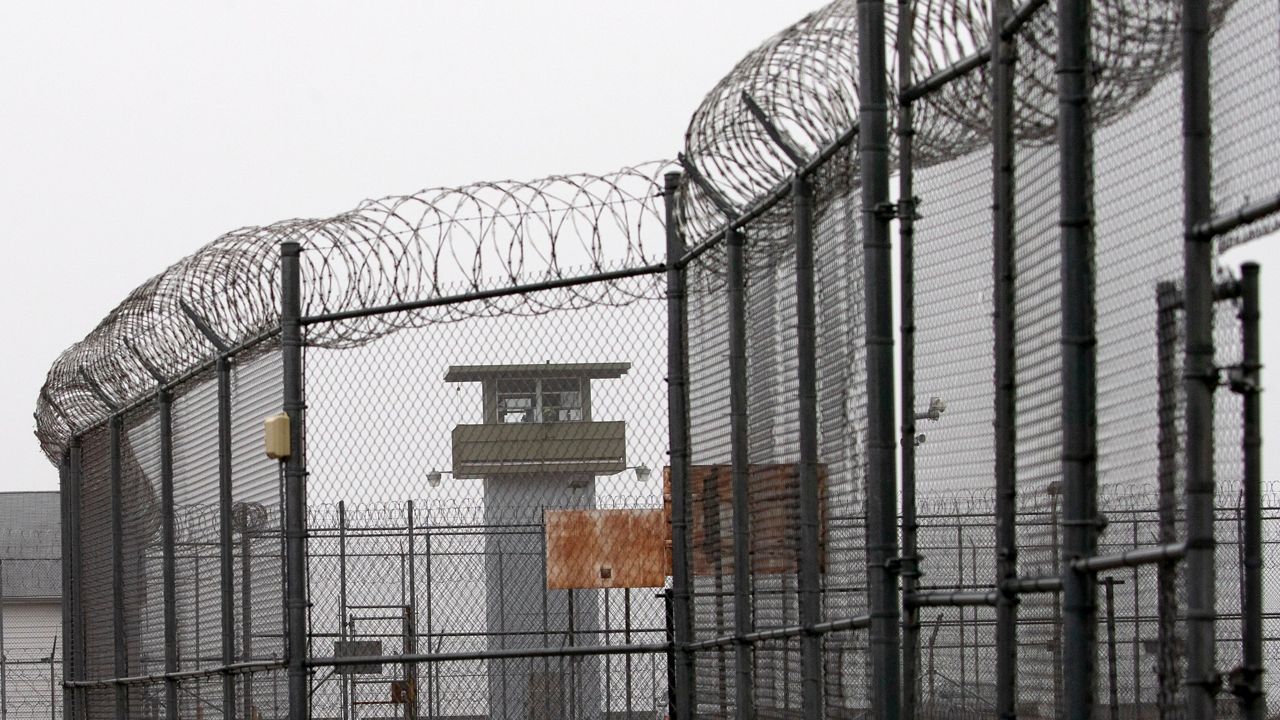In 2021, New Yorkers will experience ranked-choice voting in local primary and special elections for the first time, and knowing the winner might soon take longer than expected.
"All of those results that everybody was so happy to basically be able to pop up the balloons at a quarter to 10 last night, that's not gonna be the case in a ranked-choice environment for some of the contests," said Michael Ryan, executive director of the New York City Board of Elections.
On Tuesday, New Yorkers said yes to amending the city charter, going ahead with a different way of electing candidates.
Voters will be able to pick five different ones, in order of preference.
If none of them gets 50 percent of the vote, the worst performer gets eliminated, and his or her votes get transferred to the second-choice candidate on each of those ballots.
The elimination game ends once a candidate reaches the 50 percent threshold.
"It's a challenge for the Board of Elections to educate voters," said Jerry Goldfeder, an election lawyer. "It's a challenge for voters to understand it, and it's a challenge for candidates to figure out the best way of campaigning."
In some tight and crowded races, results might take longer to process.
Even experts and elected officials are still trying to understand how this way of voting could impact our local elections.
"I don't know a lot about it, because we've not had it in New York," said Sen. Kirsten Gillibrand. "So I'm going to learn with the rest of New Yorkers whether it works or not."
The Board of Elections will be ready to implement it, its executive director says, even though he leaves the door open to possible legal challenges, or even a reversal.
"City charters can be changed,” Ryan said. "I've been in New York for 54 years, and I know that reality is never real until is here."
Ranked-choice voting has been approved and not implemented in some parts of the country. And after experimenting with it, it's been repealed in cities like Burlington, Vermont, and the state of North Carolina.







_DNT_Castro_Exclusive_CLEAN_FIX)
